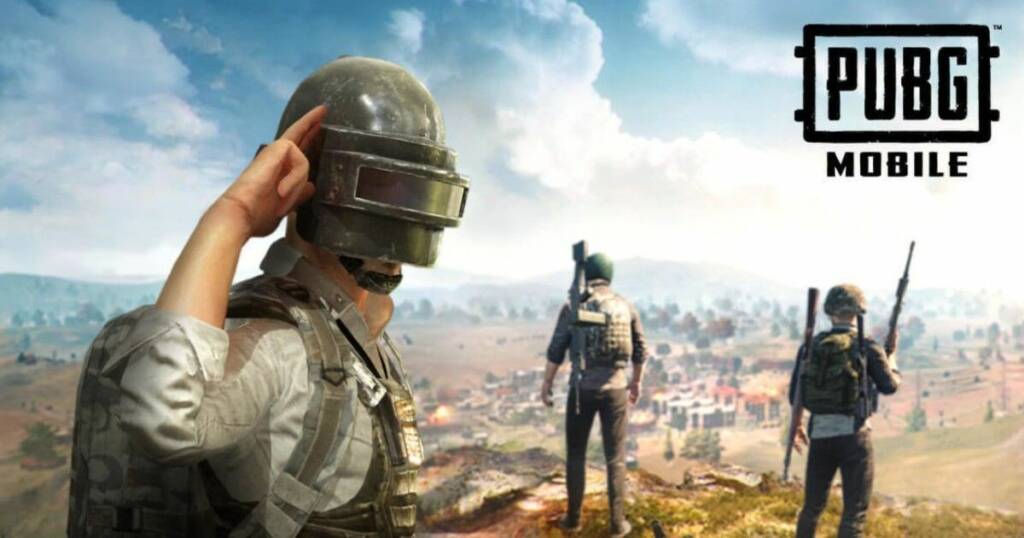PlayerUnknowns Battleground (PUBG) went offline in India late last month, after which users who had the game installed on their phones prior to it being banned by the Government of India could no longer access or play it. All this while, despite the game being banned, PUBG was being played by a sea of people who had the game installed prior to the government banning it out of national security concerns owing to Chinese stake in the company, and also apprehensions of the game affecting the users’ psychology and mental health. Between the ban on it being announced and the game being taken offline in India, PUBG is said to have occupied itself in hectic parleys with various potential distributors and also the government, however, to no avail.
In its latest move to make a comeback in India, Krafton Inc., which owns PUBG Corp, has signed a deal with Microsoft that will let the PUBG parent host the game on Microsoft’s Azure cloud platform. The deal allows Krafton to host products directly operated by the company and its subsidiaries, including PUBG on PC and Consoles, in addition to PUBG Mobile.
“With privacy and data security being a top priority for Krafton, the company will be working with Microsoft to ensure personal data protection through Azure,” the company said in a press release. “The collaboration will ensure that privacy rights are respected and relevant software will be in full compliance with all applicable laws and regulations,” the press note, which detailed no information about PUBG’s possible return to India, said.
However, various media reports have emphatically stated that PUBG was looking at returning to the Indian markets by this year’s end itself, and that an announcement in this regard could be made on or before Diwali. PUBG, which had close to 50 million active users prior to it being banned in India, is desperately looking for any and every window of opportunity to return to the country.
Earlier, TFI had reported that PUBG had entered into negotiations with Reliance Jio, and was discussing outsourcing the distribution rights to the Indian telecom giant. It had even assured the Indian government that Tencent Games, a Chinese gaming major, had been stripped off the publishing rights, and that the Chinese tech major had nothing to do with the game’s operations in India any longer.
While the primary concern which resulted in the ban was indeed national security and data privacy, the violent nature of the game, and consequent adverse effects on young minds too had not been given a miss by the government. With Krafton Inc. signing a deal with Microsoft to host its games on Azure, whether the Modi government rescinds its decision with regards to the ban will be seen in the coming days.
